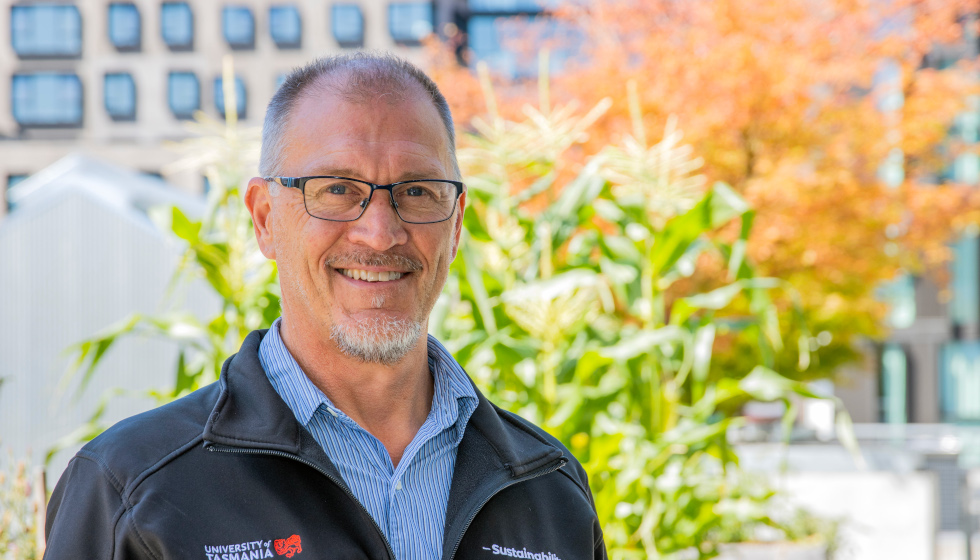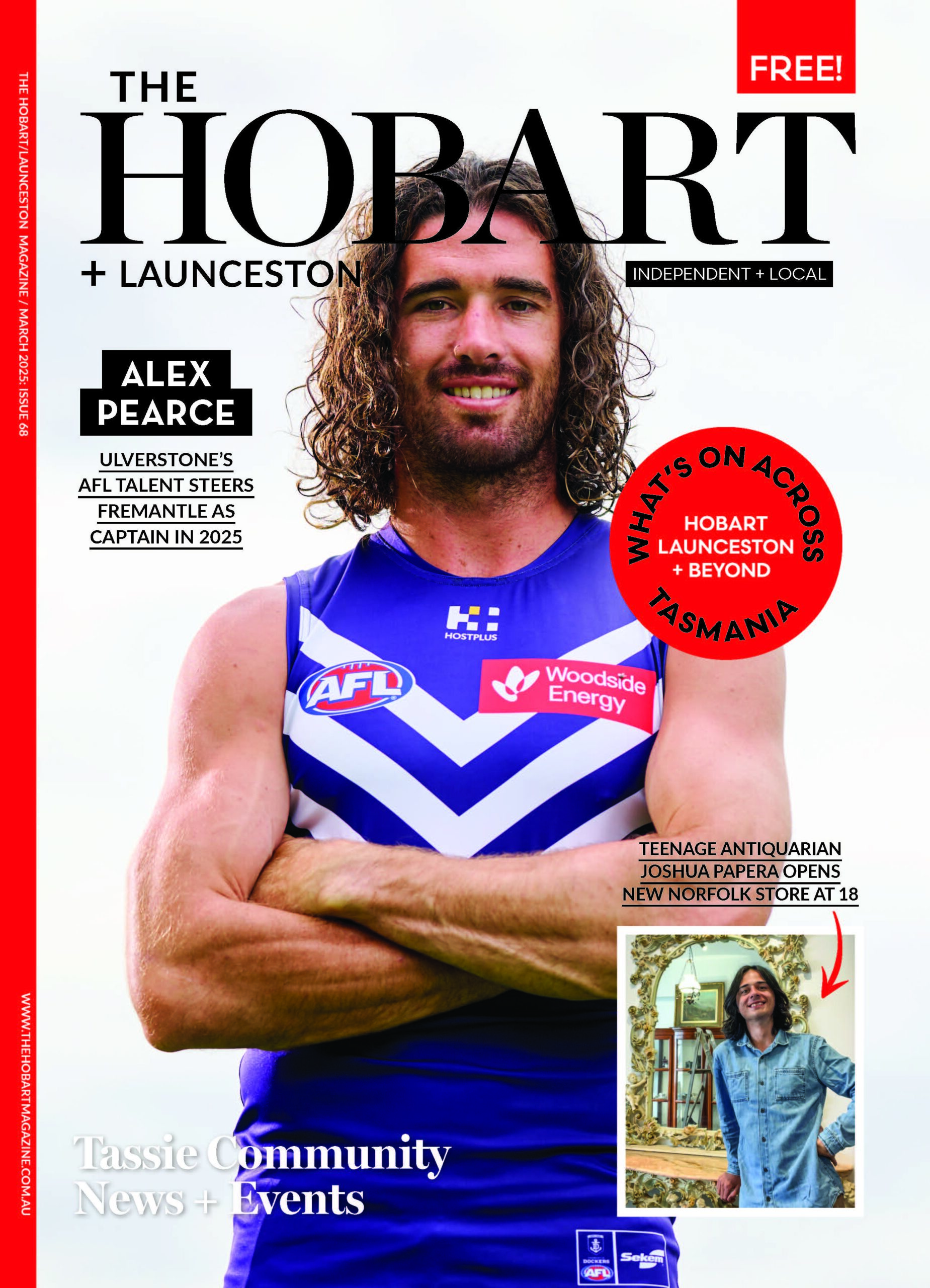Join Us In Our Journey Towards A More Sustainable World
by Hobart Magazine

Corey Peterson is the Chief Sustainability Officer at the University of Tasmania, leading the University’s efforts in planning and creating its organisational sustainability agenda.
The University of Tasmania has been on a sustainability journey for many years. And we’ve needed to make this journey as a community, with a shared focus on holistic sustainability: environmental, socio-cultural, and economic.
Universities can play a significant role in contributing to the 17 United Nations Sustainable Development Goals (SDGs). To measure our contribution, we participate in the Times Higher Education Impact Rankings.
Over 2,150 universities from 125 countries took part this year, with our university climbing to #2 overall. Our impact has grown from 76th in 2021, to 25th in 2022, and 5th last year. Globally, we’re ranked #1 in climate action for the third year in a row, as well as ranking at #2 for life on land, #5 for life below water, and #9 for good health and wellbeing.
This tells us we are making a difference in Tasmania and for the world, and we are committed to supporting broader change and ongoing improvement. We choose to take part in these rankings because they take a holistic approach to measuring our contribution across four areas: research, teaching, stewardship, and community partnerships.
Publications in highly ranked academic journals are critical to our mission. Academic publications from more than 550 University staff and PhD candidates contributed to the overall ranking, and over 140 people contributed to the #1 climate action ranking.
To achieve these rankings, the international significance of our research, our teaching, our stewardship for people and places, and our community partnerships are interlinked.
I, too, have been on a journey that brought me to lutruwita/Tasmania in 1996 from my work in Antarctica.
My connection to place was immediate and deep. Using my lifelong passion for sustainability – supported by master’s degrees in Environmental Science and Public Administration – in 2010 I became the University’s first ongoing sustainability officer.
The position was championed by a group of forward-looking staff, to deploy recycling bins and improve sustainable transport options.
Today, underpinning our commitment to holistic sustainability, I am the first Chief Sustainability Officer at a university in Australasia.
We established the international award-winning Sustainability Integration Program for Students (SIPS) to ensure students and staff mentors are part of the journey, with our campus becoming a living laboratory.
The University achieved carbon neutral certification in 2016, one of only three Australian universities to accomplish this. We report annually on all relevant emissions, including from energy use, air travel, and waste management.
In 2021, we fully divested from fossil fuels, acknowledged the climate emergency, and joined Race to Zero. Our Emissions Reduction Strategic Plan 2022- 2030 targets a minimum 50% reduction in gross emissions by 2030.
We had the first electric cars in a Tasmanian fleet in 2014 and all our passenger fleet vehicles will be fully electric in 2024. We have been installing electric bike charging stations and bike hubs since 2012.
Recognising the biodiversity crisis, we are founding members of Nature Positive Universities, which includes a critical focus on regeneration of our natural world in order to be truly sustainable.
We offer a Diploma of Sustainable Living which can be studied without tuition fees. We also offer a Sustainability Major in most bachelor’s degrees. Our students make it abundantly clear through our biennial sustainability surveys that they expect their education institution to align with their values.
This all gives me hope that the future will predominantly be driven by people who have a deep understanding of the collective challenges we face, through knowledge and skills acquired at universities such as the University of Tasmania.

